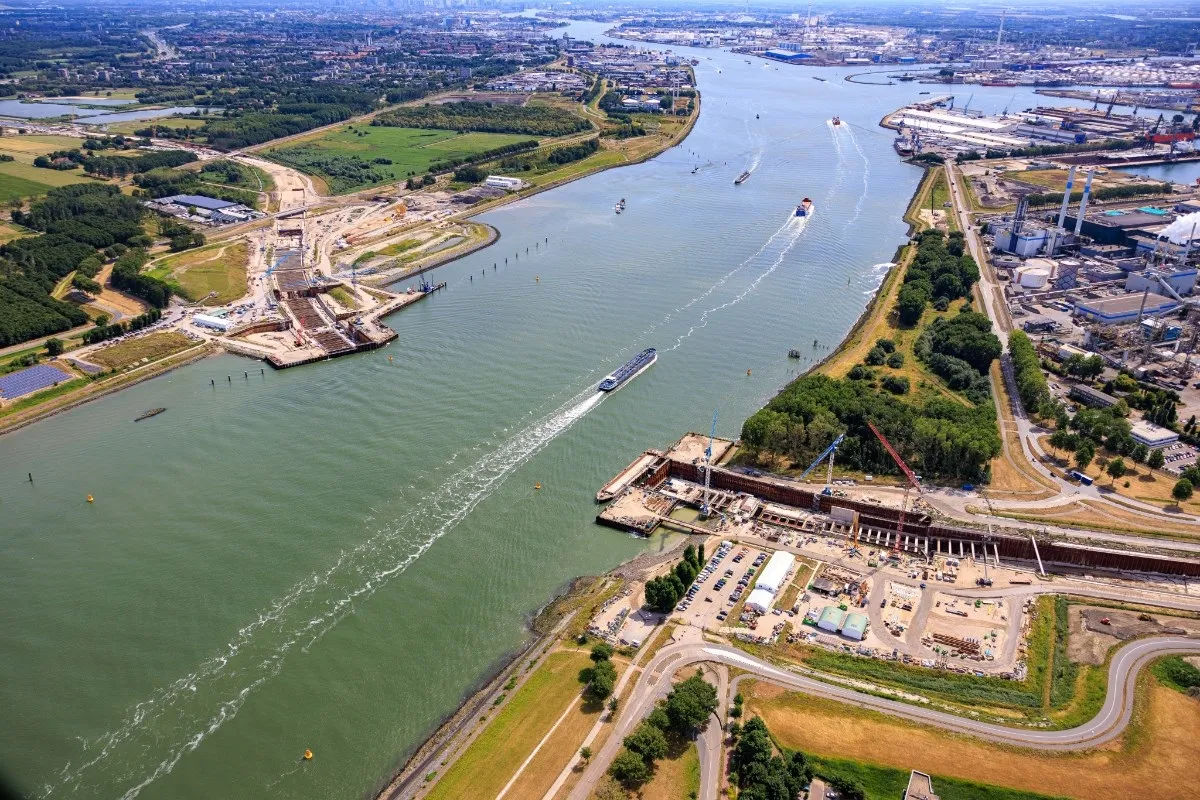Q-Free has received an extension order from the Swedish Transport Administration, Trafikverket, for service and maintenance on the Gothenburg congestion charging system.
The order, valued at US$1.8 million, is the first extension of the two-year contract for road side equipment, infrastructure and service and maintenance awarded in 2012, and is due for delivery in 2015.
Q-Free CEO Thomas Falck comments, “This is a confirmation of the long standing relationship between Q-Free and Trafikverket. For Q-Fr
February 12, 2014
Read time: 1 min
The order, valued at US$1.8 million, is the First extension of the two-year contract for road side equipment, infrastructure and service and maintenance awarded in 2012, and is due for delivery in 2015.
Q-Free CEO Thomas Falck comments, “This is a confirmation of the long standing relationship between Q-Free and Trafikverket. For Q-Free, this is an important reference installation for our single gantry technology, comments CEO in Q-Free, Thomas Falck.








